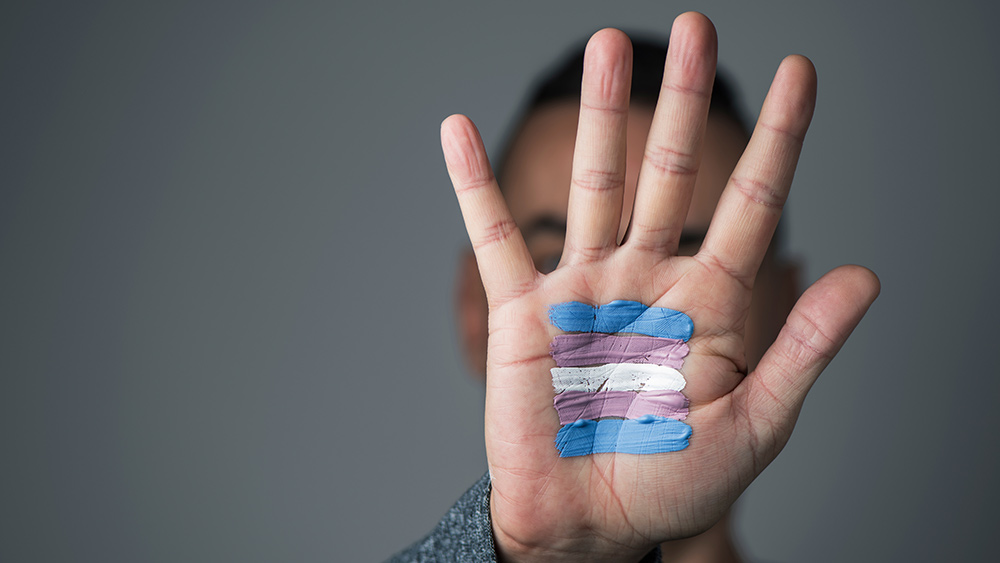
Bonnie Patten, the executive director of TINA.org, said in a statement, "Goop needs to stop its misleading profits-over-people marketing immediately." The irony burns, doesn't it?
While there are many examples of times when the pharmaceutical industry has put profits over people, perhaps the most blatant and unforgivable example is opioids. Opioid pain killers have hit the United States hard and their effects have devastated countless families and taken thousands of lives.
Where is this so-called watchdog organization's outrage over the sheer number of people in Connecticut who are dying from drug overdoses? More people die from drug overdoses in CT than car accidents; two overdose-related deaths a day is the state average. At least 60 percent of overdose deaths in CT during 2015 involved opioids. Early this summer, a federal report showed that CT had some of the highest rates of opioid-related hospital visits in the country. And instead of rallying against the pharmaceutical companies that saturated the country (and their state) with highly addictive (and deadly) drugs, TINA.org wants to fight against Goop for recommending herbs and vitamin supplements. Got it.
Of course, CT is not the only state to feel the effects of the opioid epidemic; nary a state in the country has been left unharmed by the wave of pain-relievers overtaking the nation. Opioids are thought to cause up to 60 deaths per day nation-wide. Countless cities and states have begun taking action against pharma companies for their reckless marketing practices, which helped fuel this seemingly intractable epidemic.
But it's not just about the marketing and the fact that Big Pharma ignored the risk of addiction when they began pushing these pills. You see, most medical literature suggests that opioids are ineffective for pain relief -- the very thing they're allegedly designed to do. As Natural News reported in 2016:
For example, one study found that people who took opioids for at least seven days during their first six weeks of an injury were more than twice as likely to still be disabled and out of work one year later. Another study found that use of an early opioid in morphine-equivalent amounts equaling 450mg or more were disabled for approximately 69 days longer than those who didn't take early opioids. A California study found that using high-dose opioids tripled time out of work, and led to delayed injury recovery.
While the Pharma industry has continued to perpetuate the belief that opioids are great for chronic pain, Pfizer recently admitted that there is no good scientific evidence that opioids are appropriate or useful for long-term pain management. In fact, over time, the drugs can actually make pain worse! The resulting condition is called "opioid-induced hyperalgesia."
How is that for "deceptive marketing" and putting profits over people, huh? No one does that better than Big Pharma. The opioid epidemic crushing the United States is clear proof of that -- and you can bet there are plenty more instances of pharma's concoctions doing more harm than good in other areas of medicine, too.
Sources for this article include:
Please contact us for more information.























